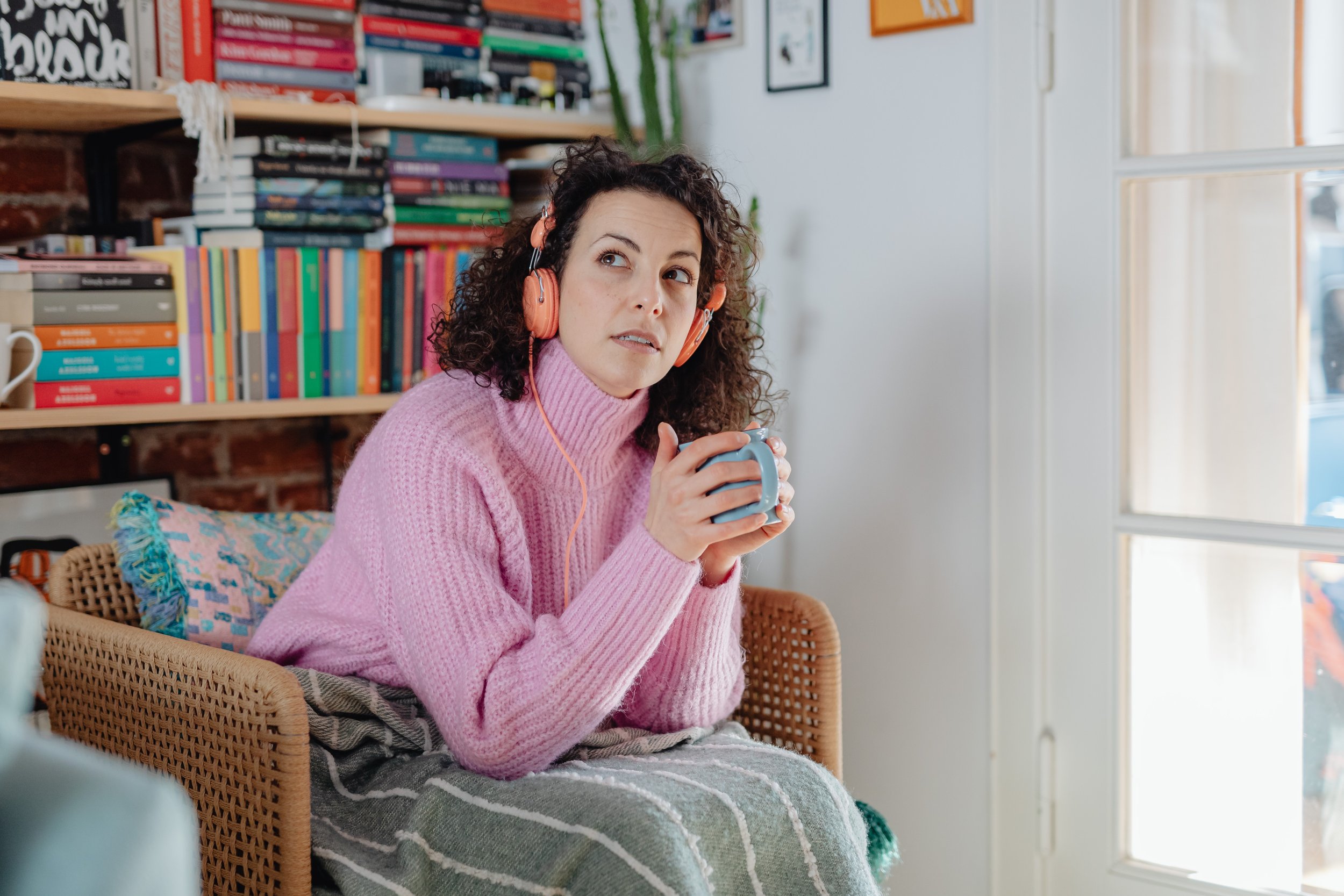The social anxiety blog
Learn more about social anxiety, the science behind Alena, and hear about the latest developments in therapy in our blog.

How I overcame social anxiety without a therapist
On my journey to overcome social anxiety, I unknowingly devised an action plan based on Cognitive Behavioral Therapy. Here's my story.

Uncover the cognitive processes that drive your social anxiety
We talk to Dr. Mona Garvert, Lead Research Scientist at Alena, about cognitive processes – what they are, how do we define them, and how Alena therapy uses them to help you improve your social anxiety

The Challenge no-one talks about: social anxiety as a new parent
When does staying at home stop being a normal routine of a new parent, and become a coping mechanism for a deeper issue of social anxiety?

Blue January: How to tackle the darkest month of the year when you experience social anxiety
If you experience social anxiety on any level, this could make the January blues even more challenging. But there is hope and support.

Managing alcohol and social anxiety - 10 ways to change your relationship with drinking
Often, alcohol can be turned to as a method of coping. However, even if in the short-term it does help, the long-term effects can be detrimental.

How Common Is Social Anxiety?
If you experience social anxiety, you may feel alone in the world. But the fact is that you’re far from alone. Find out more about how many people experience social anxiety.

How to manage your social anxiety over the festive season
We explore why the holiday period can feel particularly difficult for anyone who experiences any level of social anxiety, and how you can help yourself manage it.

Debunk Common Myths About Social Anxiety
Take part in this myth-busting quiz to learn more about social anxiety.

What Social Anxiety Is – and What It’s Not
To start facing social anxiety, we must first understand what it is. Although shyness and social anxiety are similar in some ways, they are, in reality, two very different things.

Anxiety makes time pass quicker (but fear doesn’t)
But new neuroscience research is shedding light on how the illusion of time depends on how we are feeling and thinking.
